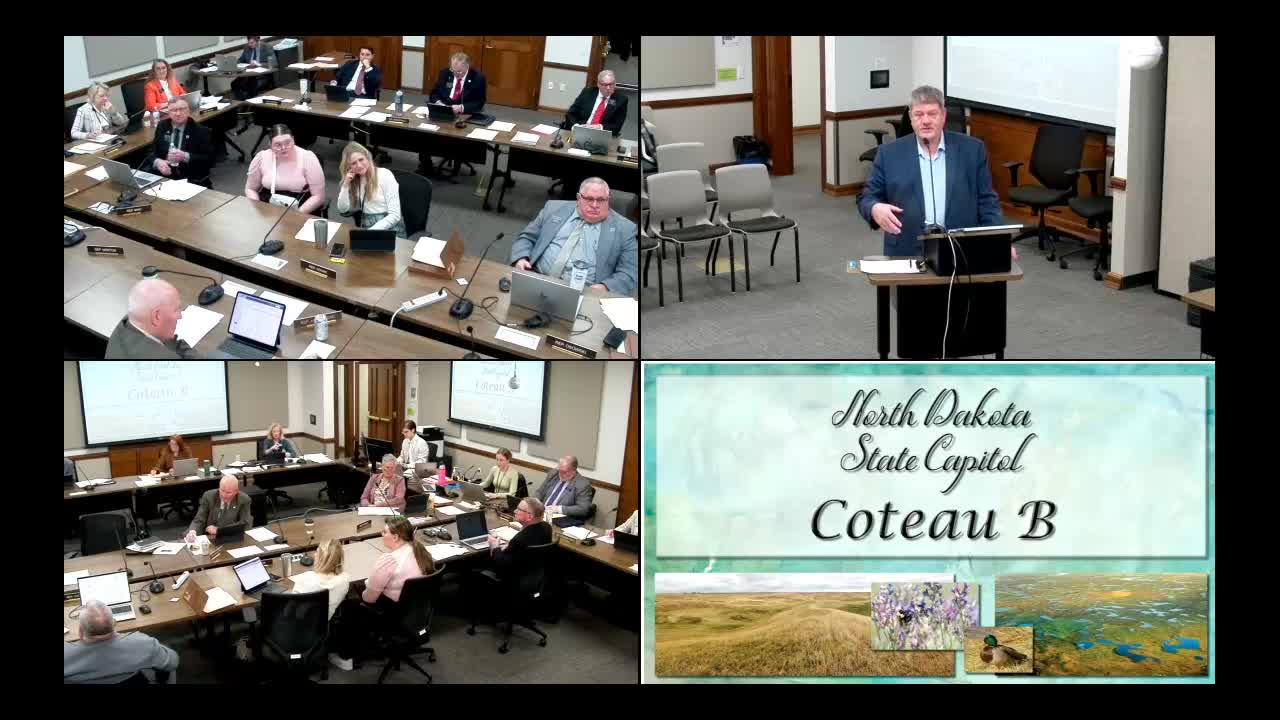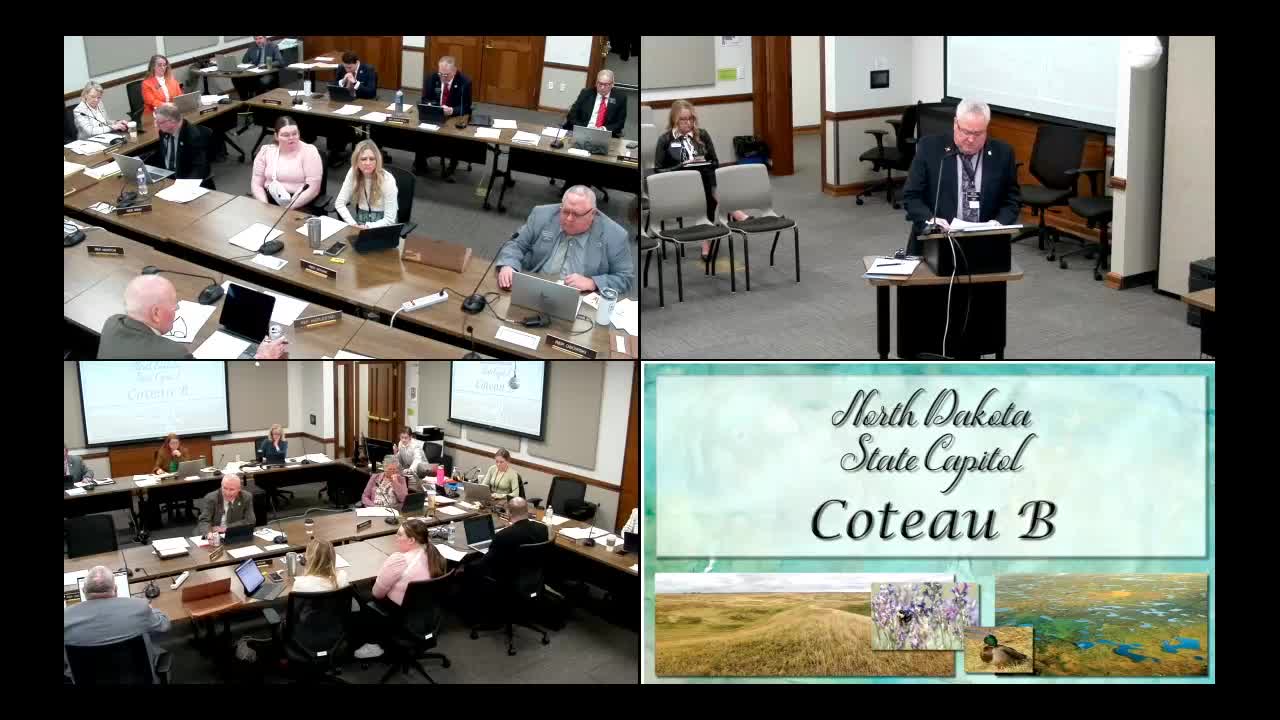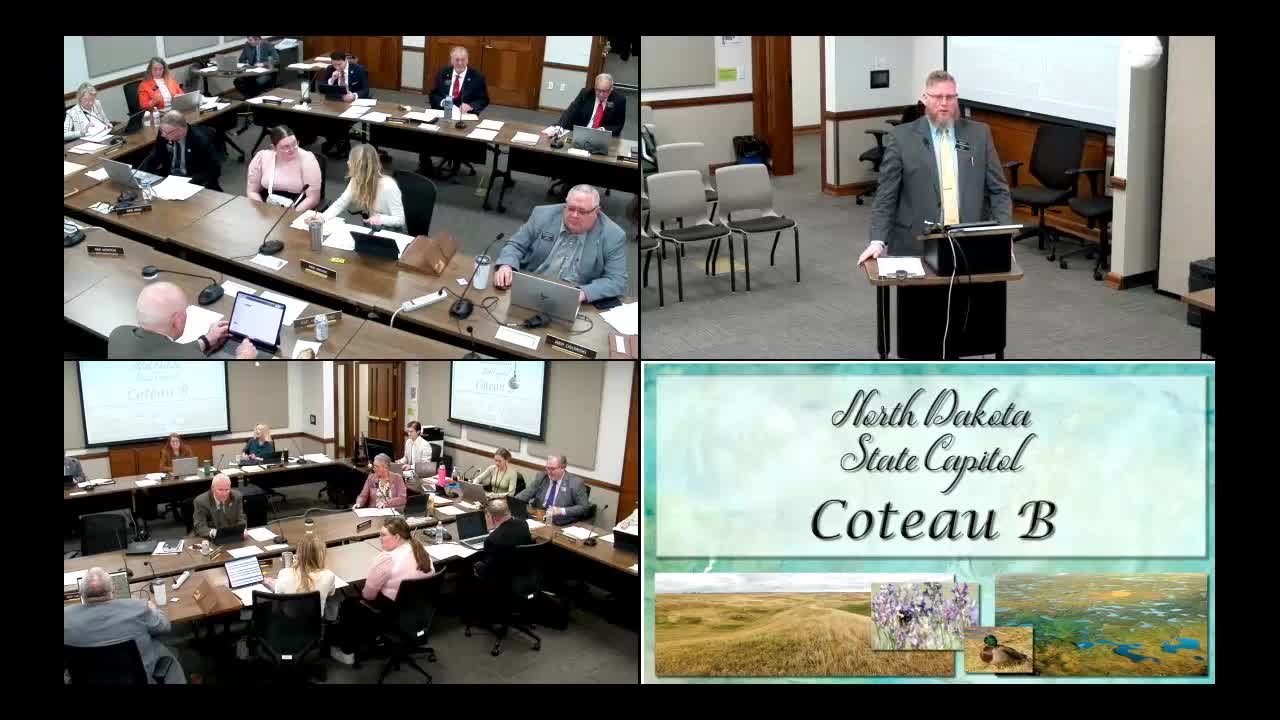Article not found
This article is no longer available. But don't worry—we've gathered other articles that discuss the same topic.

UND leaders urge funding for Health Professions Facility as Columbia Hall nears vacancy; committee hears study and funding testimony

Bill would let Air Force base schools use state low‑interest construction loans; committee hears concerns about funding and local match

